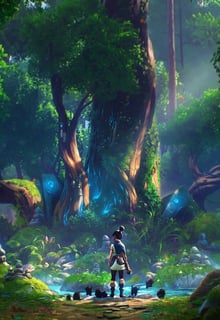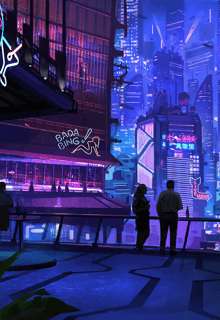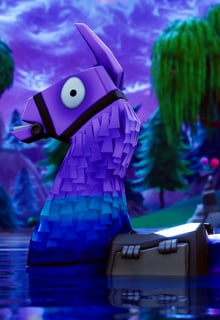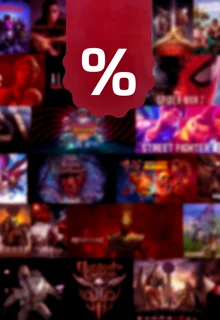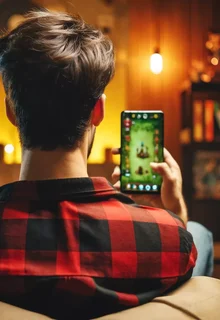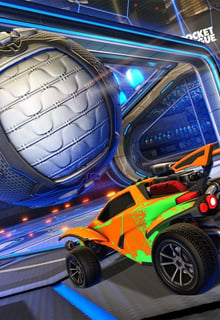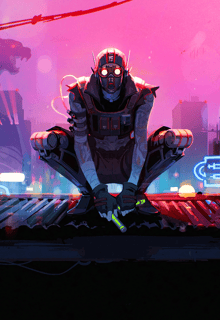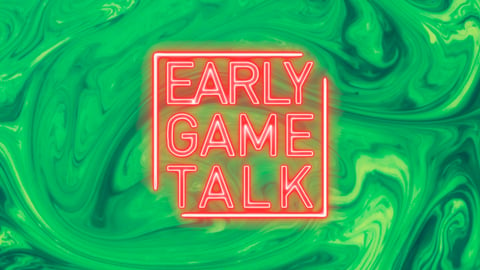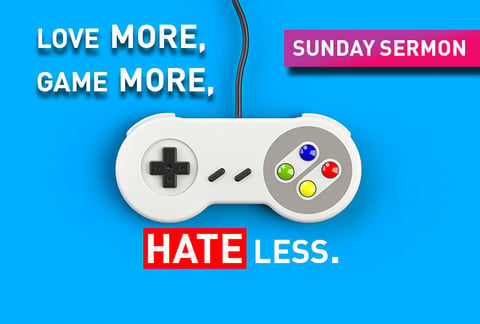
One of my ex-girlfriends had a colleague at school. A girl, that, back then, was about 21 years young. I forgot the girl’s name, but I remember her story. She has Asperger’s syndrome, and was socially not particularly included at the college she was at. She was a loner. The thing is though: She didn’t feel like one. Why? Because she had a number of friends online. In the digital gaming world, she was - excusez my Francais - the sh*t. Online, she was balling out of control with friends from all ages and both genders. That’s why she never felt lonely in ‘real life’.
When I heard this, I naturally thought: That’s great, that she has a safe haven - an escape. But then I started thinking: An escape from what? Who determines that this real world is the one we need to be comfortable in - that anything else is an escape. In fact, what about gaming is not real? It is engineered by real people with real life resources and played in real life, with only the game itself occupying a digital space. The friends you meet are real people on the other end of an internet connection. The insults you get are real revelations about your own and very real family. Who’s to say I can’t call the gaming space my home over the ‘real world’ and that one is more valid than the other? Now... I don’t want to digress. This is column occupying a lower intellectual sphere. I don’t want to get into a philosophical discussion on real vs unreal and accidentally spell Arestotal wrong in the process and embarrass myself, so I will leave it at that.
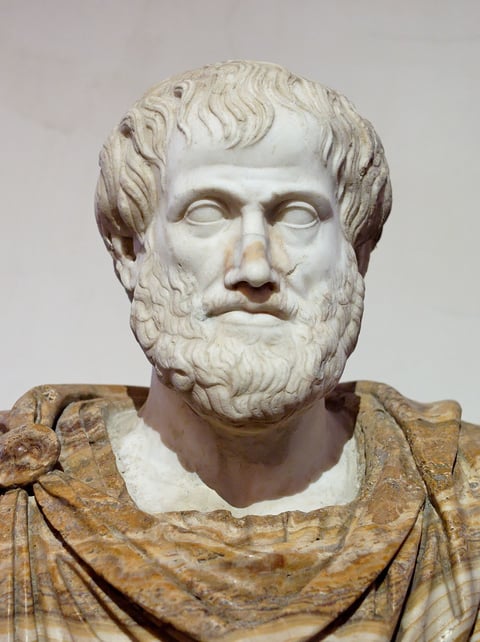
My point is: The girl felt included in the gaming world. What held her back in ‘real life’, didn’t matter there. Her Asperger Sndrom didn't matter there.
This is no surprise because video games are arguably one of the most inclusive and non-discriminating formats we have: There is a known fighting game legend with no arms and people in wheelchairs all over the world play a multitude of online games and your body weight, looks, colour, sexual orientation and whatever-have-you, doesn’t matter. What matters is the skill set you bring to the table and if you’re gonna catch some flack online, it will mostly be exaggerated outbursts over your lack of skill but not your lack of ‘real world’ qualities that remain anonymous online. Now, if you don’t want to take my word for it, consider the esports athlete of the year 2018:
SonicFox, a 22-year-old, black, gay, non-binary furry.
That is the beauty of gaming: It is a genre standing on the shoulders of those who have long felt like a minority for whatever reason. To drive this point home, let me recollect a memory from when I was 12 years old and was confronted by a girl I had a crush on in the school yard at lunch-break:
“Amidu, is it true you play 12 hours of PlayStation every day?”
This was followed by giggles all around.
Fast-forward and who am I - who is any gamer - to now all out anyone for anything? This new dawn of gaming and esports is built on the back of those who have been ‘different’ for generations, that’s why it is welcoming to everyone who is still ostracized for their differences now.
More EarlyGame Talks:
I’ve wrestled with including a certain story into these columns, but I think now is the time:
About two years ago, the dad of a friend a mine took me and my friend - his daughter - out for dinner. The dad is a man of education and runs several schools and universities in Kurdistan. He was in Munich to check on his daughter who’d been living here independently since she’s 15. This Kurdish dad has a second child: A son, who’s into gaming. Unlike many parents out there, this dad never had a problem with his son’s hobby, no, quite the opposite: Being from an unfortunately war-torn nation, this father made it his mission to bring change through education and, being the educator he is, he realized that his son’s passion for gaming could be used positively. Rather than banning video games, he supported his son in the belief that gaming could be a tool to cultivate qualities such as discipline, hard work and the zeal to excel.
One day then, his 16-year-old son came running… crying:
“My best friend is dying.”
“What? Who?”
“Justin… from America.”
Justin from America was not a name the father was familiar with, because Justin form America was someone the father never met. Just was a gaming friend… ‘digital-only’.
So as the dad stood by his grieving son, he couldn’t help but realize the incredible nature of his son’s grief: Tears of a Kurdish boy for his American friend.
Across continents, across religions and across a history of bias and conflict, this friendship stood, was built on digital video games and concluded with real life tears and heartache.
It doesn’t get more real and inclusive than that.
So in the spirit of the waves of demand for equality and justice that is sweeping certain parts of the world: Regardless of skin colour, sexual orientation, religion, status or ethnicity, we’re all playing the same game of life, just at different levels. In video games, helping someone with a lower level is called carrying and the goal is for everybody to have a good game. Now is it just me or does carrying sound a whole lot like caring? I think there is a lesson to be learned here. Again: We’re all in this game of life together. Why not make it a good game?
GG.


